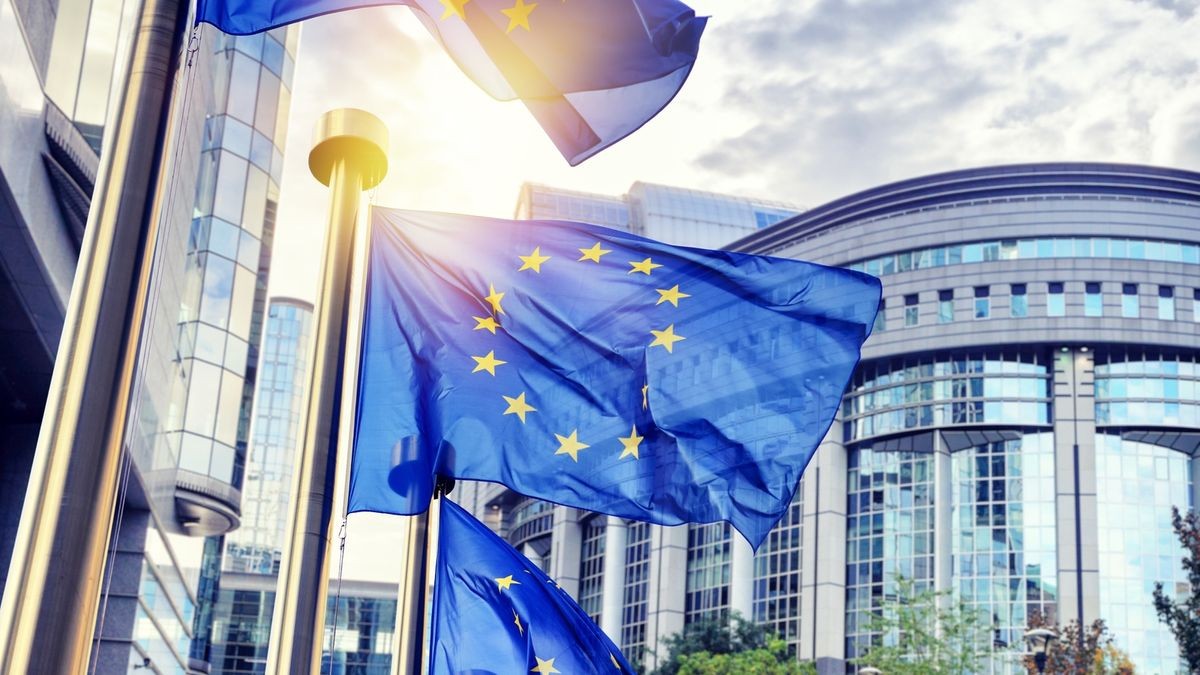
The European Union has voiced strong opposition to newly announced US restrictions on AI chip exports that create a tiered system affecting EU member states differently. The controversial rules, announced by the Biden administration, will impose varying levels of access to advanced American AI chips across different countries.
Under the new framework, only ten EU nations - including Germany, France, and the Netherlands - will receive "Tier 1" status with privileged access to US chips. However, even these countries must keep 75% of their processing capabilities within Tier 1 nations and follow US security protocols.
The remaining EU member states face more stringent "Tier 2" limitations, including a cap of approximately 50,000 GPUs between 2025-2027. While Tier 2 countries can apply for "validated end-user" status to obtain additional computing power, they must comply with US regulations.
The European Commission released a joint statement emphasizing the EU's role as an economic opportunity rather than a security risk to the US. "We cooperate closely, particularly in security, and represent an economic opportunity for the US, not a security risk," the statement noted.
The rules appear designed to prevent AI chips from reaching countries like China and Russia through intermediaries. However, some experts, including US Commerce Secretary Gina Raimondo, question the effectiveness of such restrictions. The Biden administration is preparing to impose new sanctions on approximately 200 Chinese semiconductor companies, according to a recent email from the US Chamber of Commerce to its members.
The announcement has also drawn criticism from major tech companies. Nvidia, a leading chip manufacturer, warned the restrictions could weaken America's competitive edge and hamper innovation globally.
The regulations will take effect 60 days after announcement, providing time for negotiations between concerned parties and the incoming administration. The EU expressed hope for constructive dialogue, stating they aim to "maintain a secure transatlantic supply chain on AI technology and supercomputers."
While the restrictions' full impact remains unclear, they mark a notable shift in US technology export policy and highlight growing tensions in global tech trade relations.